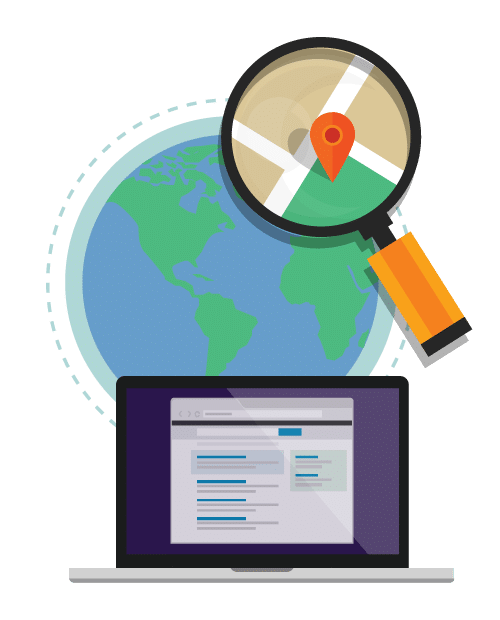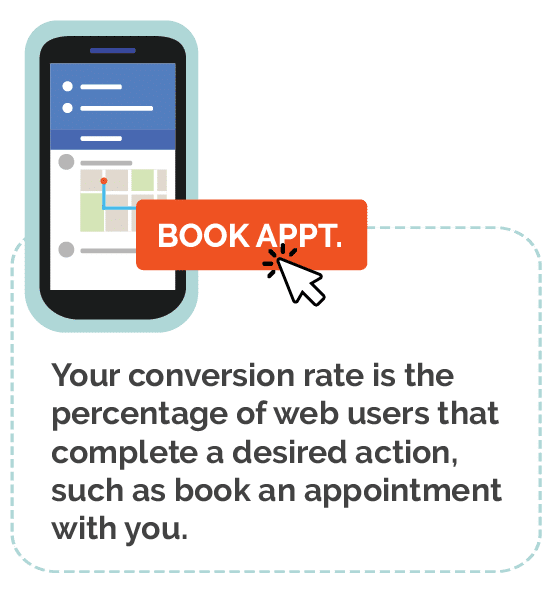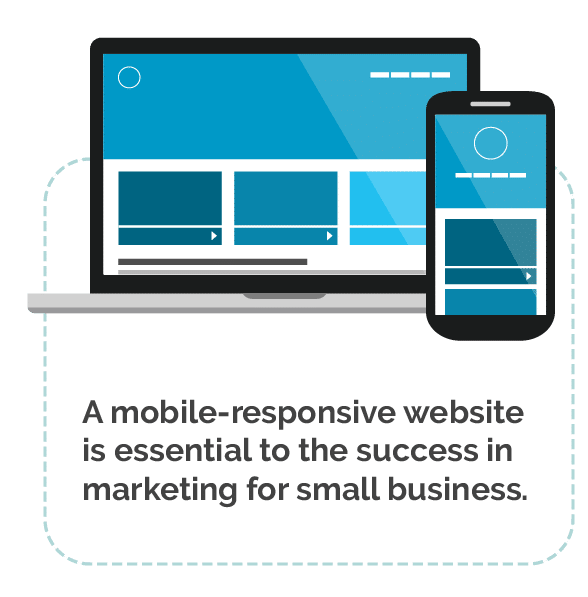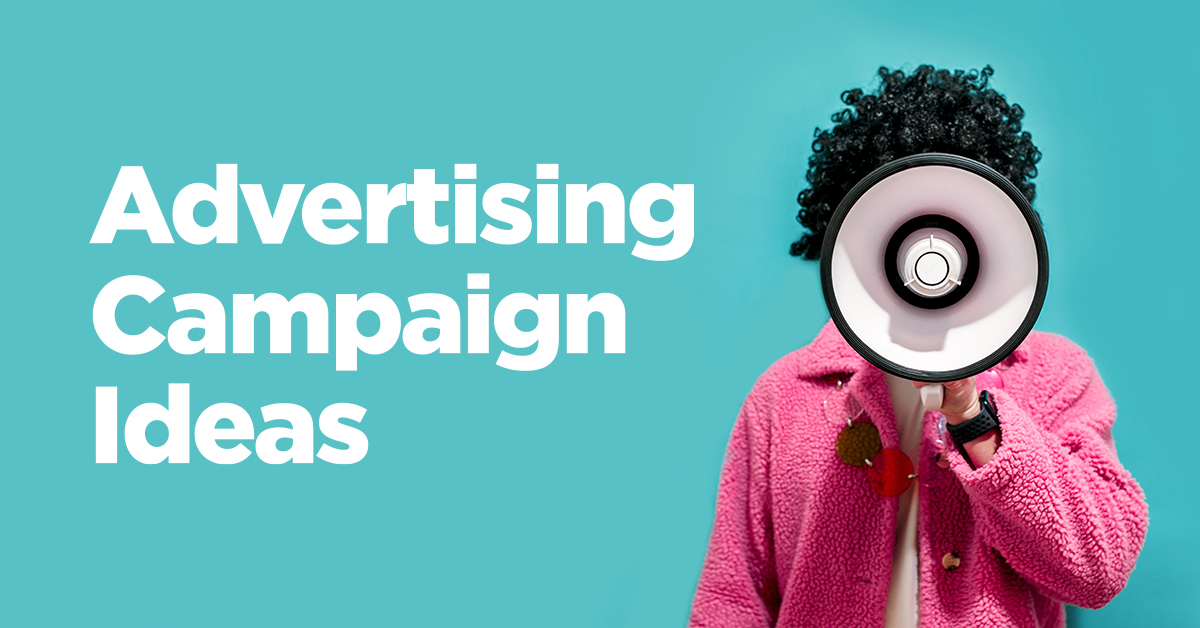5 of the Best PPC Tips We’ve Ever Heard
Paid advertising is an effective marketing strategy that offers quick results and a great return-on-investment, or ROI. Businesses that choose to advertise through Google Ads typically make about $3.00 for every $1.60 spent.
The most popular model of paid advertising is pay-per-click. This aptly named strategy requires you to do just that: pay a fee to an advertising host each time your ad is clicked on. The host could be the mighty Google, other search platforms such as Bing or Yahoo, social media sites, or even retail sites like Amazon.
While many types of industries can benefit from pay-per-click, or PPC, advertising, we particularly love this strategy for local businesses. Most platforms make it easy to adjust the settings so that you can target your ideal audience, meaning you don’t waste your time or money marketing to people that can’t use your services.
Now that we’re on the same page, let’s jump into the 5 best advertising tips for your local practice!
5 Best Advertising Tips for Local Businesses
1. Adjust the geolocation settings.

As we mentioned above, most advertising hosts, from Google to Facebook, enable you to set parameters to show your ads to your ideal audience. This practice is called geotargeting.
As a small to medium-sized local business, your clients are likely the people that live in your area. So, one of the easiest ways to ensure the success of your PPC efforts is to adjust the geolocation settings for your advertisements.
Geotargeting increases the likelihood that your ads are seen by potential clients that are actually eligible for your products and services. Plus, this method is budget-friendly as you won’t be wasting money on clicks that won’t result in a visit to your practice.
For Google Ads, we suggest limiting your targeted area by distance from your business address. You probably have a good idea of how far your clients are willing to travel for your services, so use that information as a gauge to test your settings. Google Ads also allows you to only show ads at certain times of the day. Many of your clients are probably searching for your services during business hours or on weekends, so you may want to adjust your settings accordingly.
Remember, your marketing strategies don’t have to be set in stone. As you gather metrics about what works and what doesn’t work, you can adjust your ads to reflect that information.
2. Choose the right bid strategy.

Your bid strategy determines how you approach your PPC campaigns. Is your goal to maximize conversions? Or spread awareness about your practice within your community?
As a local business, we assume that your goal is to increase conversion rates. To do this, you may want to consider setting up an optimized campaign on Google Ads.
Google enables you to use an automated bidding process called Target CPA (cost-per-acquisition) Bidding. This strategy allows you to tell Google how much you want to spend and they will automatically assign bids within your prescribed range. This means you stay on budget!
3. Focus on the ad copy.
When web users spot your PPC advertisement, the first thing they will do is read the meta title and description. This will help them decide whether or not they want to click on your ad. The meta title is the title of your PPC landing page that appears on search engine results pages, or SERPs. A meta description appears just below the title and gives users a little more detail about the advertisement.
Your ad copy should be compelling enough to entice users to click on your advertisement while clearly describing what they can expect from your landing page. For example, maybe you are promoting a new client special in your meta title.

Your meta description can then be used to further draw potential clients in. When they click-through to your landing page, make sure the PPC landing page copy reflects the ad copy. You don’t want to promise your clients information about how they can take advantage of your offer only to lead them to a page solely about your services.
4. Take mobile into account.
When creating your PPC strategy, it’s important to consider how your advertisements will appear on mobile devices. About 77% of Americans own a smartphone and mobile search is expected to surpass the popularity of desktops.
Mobile devices also account for 53% of paid clicks, meaning it’s possible that the majority of your potential clients are coming across your web pages on their phone or tablet.

Make it easier for web users to contact you by adjusting your ads for mobile. Google allows you to set certain advertisements as “mobile-only” so that you can differentiate between what is shown to potential clients on mobile vs. desktop. However, it’s important that all of your landing pages be mobile-responsive.
You can also set up call-only PPC advertisements so that users can immediately call your office instead of being led to a landing page. This can be very beneficial for your practice as 70% of users will call a business directly from a Google search.
5. Try social media advertising.
Facebook still reigns as the most popular social media platform in the world. About 67% of adults in the U.S. use Facebook! Is your business taking advantage of this platform?

Along with other benefits such as business pages and review capabilities, Facebook also allows companies to purchase ad space on their platform. Like Google, you can adjust your advertisements’ settings to appear only to your specific demographic, such as people in your community or those of a certain age group.
When creating advertisements for any social media channel, focus on the visual content. The most successful content on these platforms are images and video, so it’s important that you incorporate either of these into your advertisement.
PPC for Local Business
Now that we’ve outlined these 5 strategies for paid advertising, it’s time to put the strategies into action. If you don’t have someone at your practice who can help you with paid advertising, give us a call!
When you reach out to one of our knowledgeable Internet Consultants, we can help you determine which marketing tools your practice will need to achieve your goals. You will also learn more about how paid advertising can benefit your practice and additional tips for PPC success.
But remember, when you set up your first paid advertising campaign, make sure that your staff are fully aware of the campaigns in advance. This will ensure that there is no confusion or misinformation given if a prospective client calls in for the first time and the person on the other end doesn’t know how valuable this prospect is.
Happy advertising!
Interested in learning more about how to use PPC?
These articles should help lead you in the right direction.
Reach the Clients You Want with Pay-Per-Click Advertising
Creating an Effective PPC Landing Page
Creating PPC Ads to Attract Your Ideal Patients



